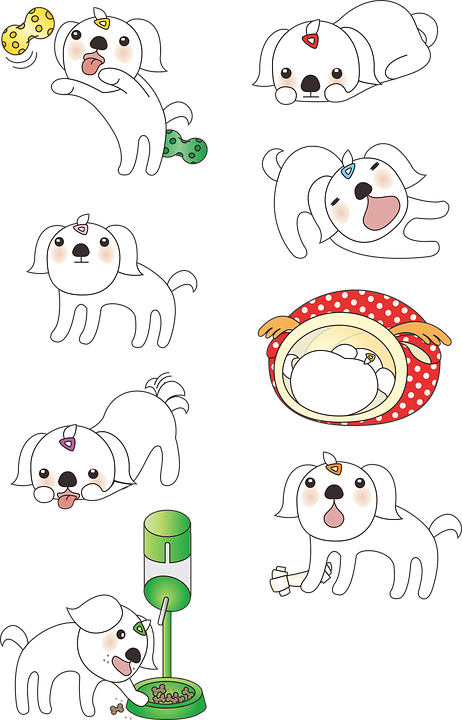Italian Onomatopoeia Posted by Bridgette on May 30, 2020 in Italian Language
Ciao a tutti!
Today I want to explore the linguistic phenomenon of onomatopoeia, which is the formation of a word from a sound associated with that word. It originates from the word ὀνοματοποιία in the Greek language which means ‘making or creating names’, and in English we use it to describe the unique words made to imitate sounds. In Italian, the word is onomatopea.
It is commonly used to describe animal sounds, and in English some examples include woof, hiss, moo, quack, oink, and more. I am sure it comes to no surprise that onomatopoeia differ from language to language, so let’s look at some in Italian.
Le api ronzano – the bees buzz. (zzzzz)
Gli uccelli cinguettano – the birds chirp. (cip cip)
I gatti miagolano – the cats meow. (miao)
Le mucche muggiscono – the cows moo. (muuuuu)
I corvi gracchiano – the crows caw. (cra cra)
I cani abbaiano – the dogs bark (bau bau)
I topi squittiscono – the rats squeak. (squitt squitt)
I serpenti sibilano – the snakes hiss (zssssssss)
For some fun, check out how to sound like a dog in 14 languages:
English – woof
Russian – gav
French – ouaf
Spanish – Guau
Dutch – Waf
Japanese – Wan
Icelandic – Voff
Romanian – Ham
Italian – Bau
Turkish – Hav
Korean – Meong
Persian – Vaagh
Some other examples of onomatopea include sounds you make while eating and drinking. In English we might see chomp, om nom nom, slurp or glug. In Italian, these sounds are written gnam gnam and glu glu.
Or some bodily functions:
achoo – etciú (to sneeze – starnutire)
burp – rutt (to burp – ruttare)
zzz – ronf, zzz (to snore – russare)
Or what if you hurt yourself in Italy? Well, you would stick out if you yelled ow or ouch. Instead Italians say ahia or ohi.
What are some other onomatopea you know in Italian? There are so many others and they are just another fascinating layer of learning another language and integrating into another culture. Write some examples below!

Build vocabulary, practice pronunciation, and more with Transparent Language Online. Available anytime, anywhere, on any device.





Comments:
Alicia:
Very helpful and short! Thank you.
Joan Engelhaupt:
I’ve always been amused by what a telephone does when in rings, “squilla” because that brings to mind “squeal”, but I was surprised when listening to the opera “Ernani” last week that Ernani promises to take his own life when his horn, which looked like the horn of a cow, “squilla”-ed, so I guess horns as well as phones can squillare.
Anne Holmes:
This IS fun. Some of them are so close to English we only have to adopt Italian spelling. Thanks, Nancy.
Mor:
it’s meaningful !! Grazie
Alex:
“Ecco qui, ecco qua, ecco là, gnam”
I think this is what my mom would say when feeding a baby, passing the spoon back and forth? When she reached gnam the spoon with food in it would go into the child’s mouth.
Do you think that sounds about right? Please correct, if needed.
Alex:
You can ignore the above comment.
A relative informed me that I wasn’t even close.
It was (in dialect): Buca mi, buca ti, buca cong, ung.